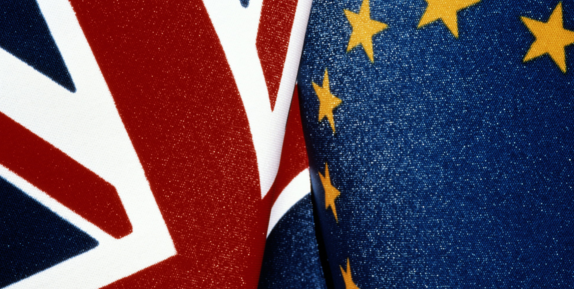It's time to start the Brexit contingency planning
There were reports this week that civil servants are thinking about what happens if the UK votes to leave the EU (‘Brexit’) – but are not writing anything down in case they get a Freedom of Information request. Sounds more as if they are not thinking about it at all. But if the UK is to succeed in its bargaining, it must have a credible alternative. We should start by creating a small group of advisers and civil servants, led by a (Eurosceptic?) minister, to draft an exit plan that can be put to Parliament very soon after the referendum in the event of a NO vote. If it is a NO vote, we should be prepared to serve immediate notice to leave the EU, under Article 50. We should offer to give up the UK’s presidency (for the second half of 2017) and cancel the UK’s participation in EU elections (2019) while negotiations are going on, and cease appointing UK officials to EU bodies. To be taken seriously in Brexit negotiations, we would need to appoint a tough (Eurosceptic) Foreign Secretary, and a tough Eurosceptic Ambassador to the EU. The Foreign Secretary will need a slick team of negotiators, with skills in trade law, economics, and EU politics.
We would have to reform the existing Economic Affairs Committee (EAC) of the Cabinet, bringing it under the Foreign Secretary and charging it with supervising the withdrawal. It would need to move quickly to identify the economic and legal issues arising from Brexit and establish the UK’s objectives in the talks. We would also need a dedicated communications team to promote the UK’s case and negotiating demands, and to show that it has a future outside the EU. That means identifying genuine free trade as the future framework for the UK’s trade, economic and foreign policy.
The Bank of England should also have plans in place to deal with any financial turbulence following a NO vote. It needs to coordinate with the financial authorities in EU to manage abnormal capital movements. And the MoD will have to revisit how it patrols UK fisheries.
Arrangements also need to be put in place for bilateral talks with countries remaining in the EU, and especially Ireland and our maritime neighbours. And we need to move very quickly on negotiating free trade deals with non-EU countries. At the end of the Brexit talks, we could usefully have not only a Secession Bill, but also a Free Trade Bill – inviting all-comers to trade freely with the United Kingdom. Indeed, drafting that Bill now might and implementing it earlier might just show our negotiating partners in Brussels that we really are deadly serious and that the trade gains will be ours.
That is a lot to think about. If the civil service daren’t put it all on paper, somebody else will have to.

